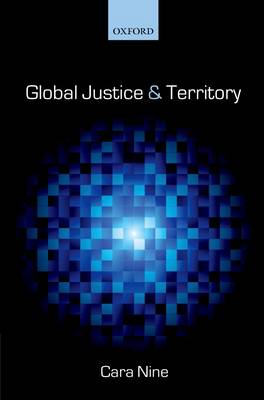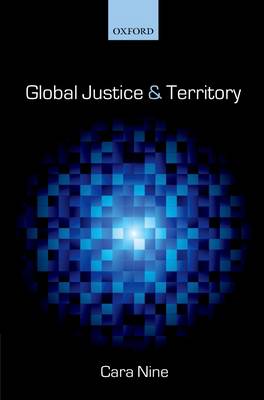
- Afhalen na 1 uur in een winkel met voorraad
- Gratis thuislevering in België vanaf € 30
- Ruim aanbod met 7 miljoen producten
- Afhalen na 1 uur in een winkel met voorraad
- Gratis thuislevering in België vanaf € 30
- Ruim aanbod met 7 miljoen producten
Zoeken
Omschrijving
Historical injustice and global inequality are basic problems embedded in territorial rights. We ask questions such as: How can the descendants of colonists claim territory that isn't really 'theirs'? Are the immense, exclusive oil claims of Canada or Saudi Arabia justified in the face of severe global poverty? Wouldn't the world be more just if rights over natural resources were shared with the world's poorest? These concerns are central to territorial rights theory and at the same time they are relatively unexplored. In fact, while there is a sizable debate focused on particular territorial disputes, there is little sustained attention given to providing a general standard for territorial entitlement. This widespread omission is disastrous. If we don't understand why territorial rights are justified in a general, principled form, then how do we know they can be justified in any particular solution to a dispute? As part of an effort to remedy this omission, in this book Cara Nine advances a general theory of territorial rights. Nine puts forward a theory of territorial rights that starts with the idea that territorial rights affect everybody. Territorial rights, she asserts, must be universally justified. She adapts a theoretical framework from natural law theory to ground all territorial claims. In this framework, particular territorial rights are claimable by the collectives that establish legitimate, minimal conditions for justice within a geographical region. A consequence of this theoretical approach to territorial rights is that exclusive resource entitlements are justified, even if they maintain global inequality.
Specificaties
Betrokkenen
- Auteur(s):
- Uitgeverij:
Inhoud
- Aantal bladzijden:
- 204
- Taal:
- Engels
Eigenschappen
- Productcode (EAN):
- 9780199580217
- Verschijningsdatum:
- 26/07/2012
- Uitvoering:
- Hardcover
- Formaat:
- Genaaid
- Afmetingen:
- 142 mm x 216 mm
- Gewicht:
- 771 g

Alleen bij Standaard Boekhandel
+ 451 punten op je klantenkaart van Standaard Boekhandel
Beoordelingen
We publiceren alleen reviews die voldoen aan de voorwaarden voor reviews. Bekijk onze voorwaarden voor reviews.











